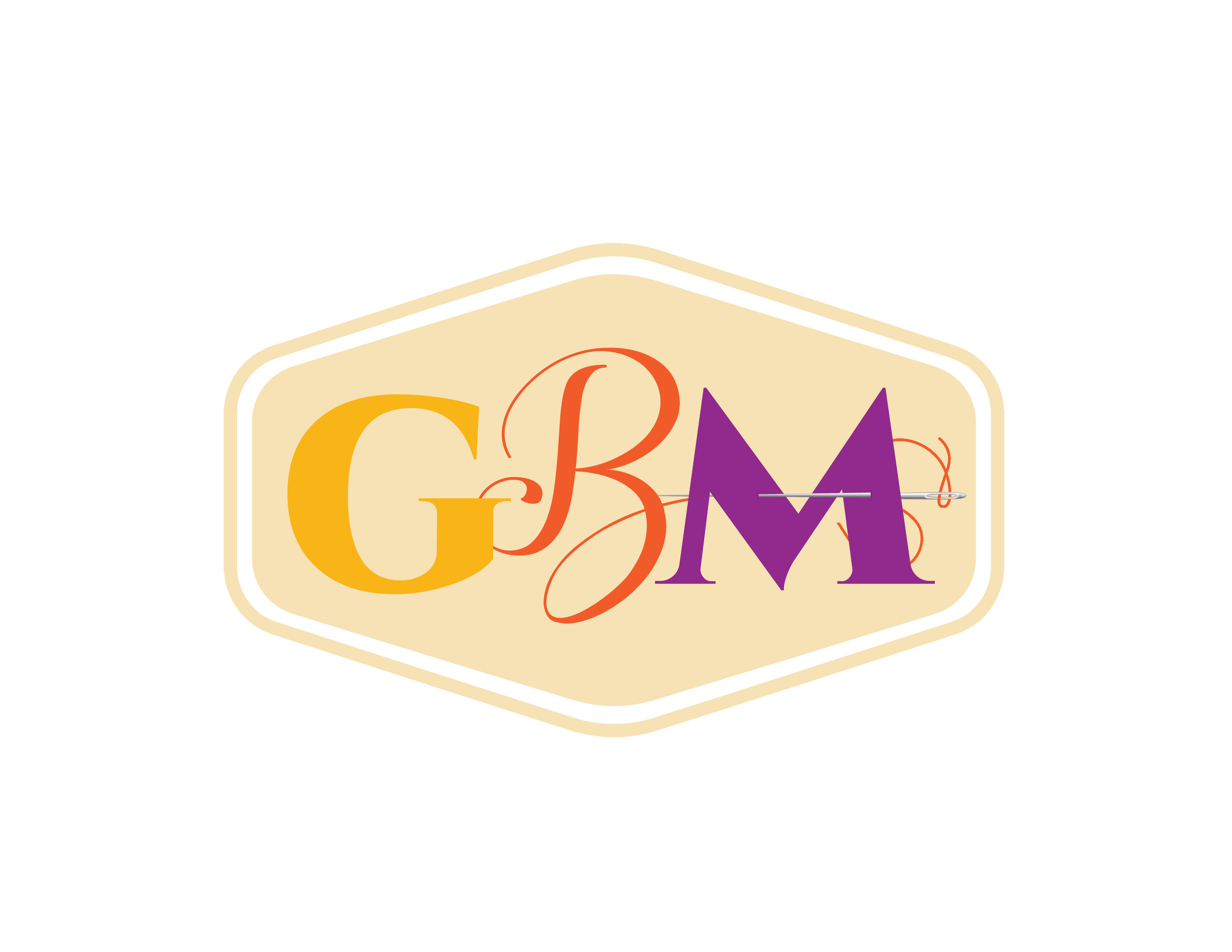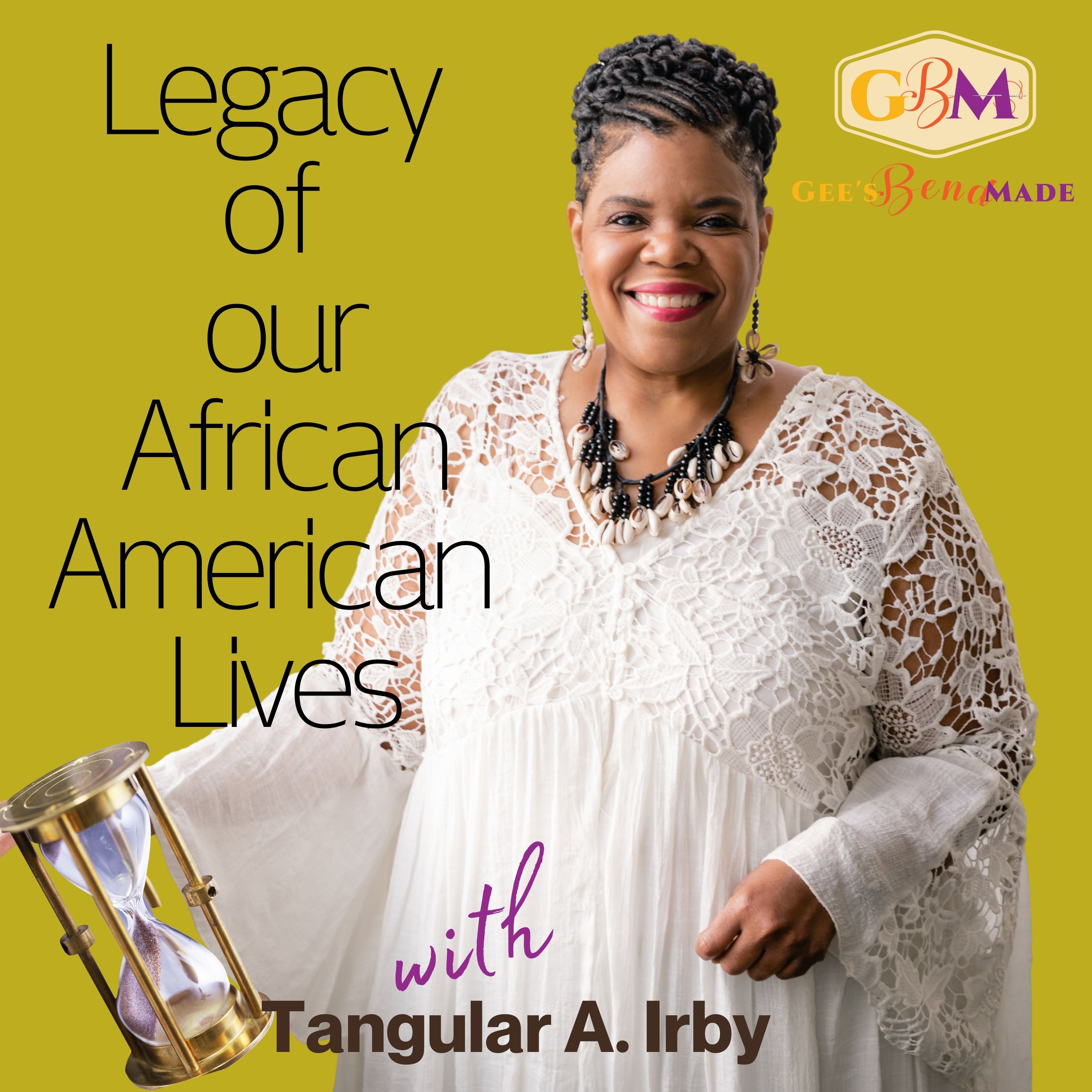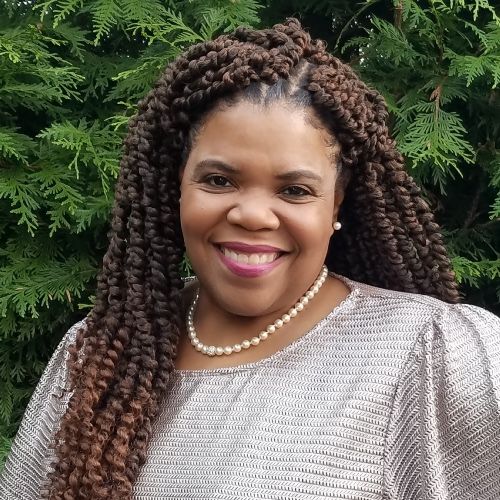Episode 6
It Really Happened: In Gee's Bend w/Kisha Pettway Porcher
Show Notes to Follow
Transcript
Welcome to the Legacy of our African American Lives podcast, where our stories
Speaker:become oral histories created to uplift, empower, and enrich the next generation.
Speaker:I amt Iby, and I am your host and I am pleased to be with you today.
Speaker:And I would like to introduce you to our guests.
Speaker:We have Keisha PORs.
Speaker:Who is going to tell us a little bit about herself, and then we're gonna get
Speaker:into talking about her connection to g's.
Speaker:Ben Boy Alabama.
Speaker:Welcome, Keisha.
Speaker:Thank you for having me.
Speaker:My name is Keisha Porsche.
Speaker:I'm the owner and operator of Sweet Martha's Holistic Wellness llc.
Speaker:I was born and raised in Bridgeport, Connecticut.
Speaker:I spent most of my summers here and Mobile, Alabama.
Speaker:But I currently live here in Mobile and I've been here for the past three years.
Speaker:I basically built a mini medicinal farm on my grandparents property.
Speaker:So you have a business called Sweet Marthas.
Speaker:Where did the name come from?
Speaker:Actually, Sweet Martha's, a lot of people think it's basically talking
Speaker:about my great-grandmother, Martha Jane.
Speaker:They don't realize that I have a great-grandmother
Speaker:whose name is actually sweet.
Speaker:So my business is named after two of my great-grandmothers who
Speaker:were original GS Bank quotes.
Speaker:When I first started my business, it was geared towards our natural
Speaker:skincare products to a certain extent.
Speaker:Of course we know that the residents of gene's been, were pretty much
Speaker:self-sufficient for a very long time.
Speaker:A lot of what I do when it comes to the holistic aspect of my business, The
Speaker:farming aspect of my business, growing my own medicine, my own food, that kind
Speaker:of, all of that comes from basically my great-grandmother, Martha Jane.
Speaker:She instilled in all of us, to literally be self-sufficient when we were little
Speaker:and we went down there, we always participated in stuff like that with her.
Speaker:It's all passed down.
Speaker:I always say it's a generational, talent
Speaker:My great-grandmother, Martha Jane actually lived for a very long time.
Speaker:She lived like three months shy of her hundred and fifth birthday.
Speaker:So when I was coming, My great grandmother still lived in G'S
Speaker:bin and most of my grandparent, my grandmother and her sisters and
Speaker:brothers, most of them lived in Alabama.
Speaker:I only had like maybe I think one of my great uncles and two of my great aunt.
Speaker:Stayed in G's been everybody else.
Speaker:I think they left, either they passed away before, or they left.
Speaker:So my grandmother and most of her sisters lived here in Mobile.
Speaker:So we drove down regularly.
Speaker:Like for weekends, it's only two out two, like two and a half hours away from here.
Speaker:The thing that I loved about G'S bin was the freedom.
Speaker:When we were in G'S bin, , we were free to literally do pretty much
Speaker:almost anything we wanted to do.
Speaker:It was all family.
Speaker:All of my great grandparents literally lived in this one little circle.
Speaker:So like my great-grandmother, Martha Jay lives basically like right off of Martha
Speaker:Jane Petway Road there, boy, they just got addresses or whatever, street names
Speaker:or whatever, but she lives right there.
Speaker:And then my great-grandmother suite lived on the corner of that street and then, the
Speaker:street right behind that my grandfather.
Speaker:Has a store, Roman Petway, he has a store right there.
Speaker:And right behind his store is my other great-grandmother, my
Speaker:Bendolph great-grandmother's house.
Speaker:So I would literally be running all over the bin.
Speaker:And then I had an aunt on my biological father's side, she would come get me
Speaker:anytime she knew I was in the bin.
Speaker:So it was like we had this freedom there that we really didn't have, cuz
Speaker:I grew up in Bridgeport, Connecticut.
Speaker:So it was like we really were.
Speaker:Able to , be free to just roam and run the streets like that.
Speaker:I think it was a culture shock for me.
Speaker:I always fantasize g Ben, if that makes sense.
Speaker:It was always Going back in time kind of unreal to me.
Speaker:Like I would go home and tell my friends about stuff we did in g's,
Speaker:been and the red clay dirt roads.
Speaker:And to us it was like, It's up the country that's what we basically called it and
Speaker:they were like, That didn't happen.
Speaker:I'm like, Like that's not real.
Speaker:And I'm like, Yeah, it really is.
Speaker:It's like going back in time.
Speaker:But so I fantasized it to a certain extent.
Speaker:So there's nothing I didn't really like, but it was definitely a culture shock.
Speaker:I remember like the first time I went there and I had this cousin I remember
Speaker:, my first time meeting her, and she was running around barefoot, and I'm from the
Speaker:city and I remember I was really little.
Speaker:And that really stuck out to me.
Speaker:Like, why aren't they wearing shoes as hot as like, it's summertime and
Speaker:we know how summertime and g like, I'm like, Why don't they have on shoes and.
Speaker:Once I started going there, I understood, that basically they pretty much had
Speaker:a whole different culture from us,
Speaker:As soon as you hit that corner to go in, everything slows down, your
Speaker:phone cuts off, like you no longer have access to the outside world, and
Speaker:it's just like everything slows down
Speaker:I think because we have parents, who were from that area, it made it a safe space
Speaker:for us they were so happy to be back.
Speaker:Right.
Speaker:So, and that became home even now that is, When are you coming home?
Speaker:That is home interesting to me is when you talked about, Roman store.
Speaker:there was a path behind that.
Speaker:If you walk down that path and you cross the road, I would say street.
Speaker:Most people would say street, but no, that was a road.
Speaker:That was my grandmother's house.
Speaker:And so we would walking back and forth to the store often when we were there.
Speaker:Cause we have to be talking about the same place because there was only one store.
Speaker:Right.
Speaker:It's the same that it's only one.
Speaker:Yeah.
Speaker:. So it's almost like that's a way of confirming what someone
Speaker:says that they're from G'S Bend.
Speaker:The first question is you start talking about, you ask them something
Speaker:about the store or something about the post office and you know that
Speaker:they know what they're talking.
Speaker:Or the church.
Speaker:And there are a couple churches, ? But we all know when you talk about
Speaker:the church, everybody knows what church you're talking about.
Speaker:So what church?
Speaker:You tell me then.
Speaker:So what church is Pleasant?
Speaker:Grove.
Speaker:The one where most of our ancestors are buried.
Speaker:. Well, I have to say, Keisha, I really enjoyed sitting with you and reminiscing
Speaker:and talking a little bit about your experiences and making connect.
Speaker:Absolutely.
Speaker:And , again, I wanna just say thank you for your.
Speaker:Thank you for having me.
Speaker:I'm grateful.
Speaker:. And then for the last thing I just wanna ask you, so when you think about
Speaker:raising children in the next generation, because that's why we're doing this, and
Speaker:so that the next generation can, go to whatever, be it Spotify, be it, Amazon,
Speaker:wherever they go to listen to podcasts.
Speaker:And they may not be listening today, but they may listen tomorrow.
Speaker:So if there was something that you've learned, About being a descendant,
Speaker:being a G'S Ben legacy, what is something that you wanna make sure
Speaker:that the next generation passes on?
Speaker:In today's society, in today's day and age.
Speaker:And I think that they deserve recognitions because they were
Speaker:the pioneers of all of this.
Speaker:If it wasn't for those original set of women, we literally would
Speaker:not have the legacy that we have
Speaker:always write down the history and just make sure to pass it on.
Speaker:I think that it's a shame that everybody knows the value.
Speaker:Of our history except for us sometimes.
Speaker:That's sad to me and I hope and pray that we continue on passing the legacy
Speaker:down generation and generation because it's absolutely a very valuable legacy
Speaker:to have and I don't think a lot of people re realize that or recognize.
Speaker:And so that is why we are doing what we're doing right now.
Speaker:So we can make sure that we never forget.
Speaker:Thank you for joining us on the legacy of our African American Lives podcast.


